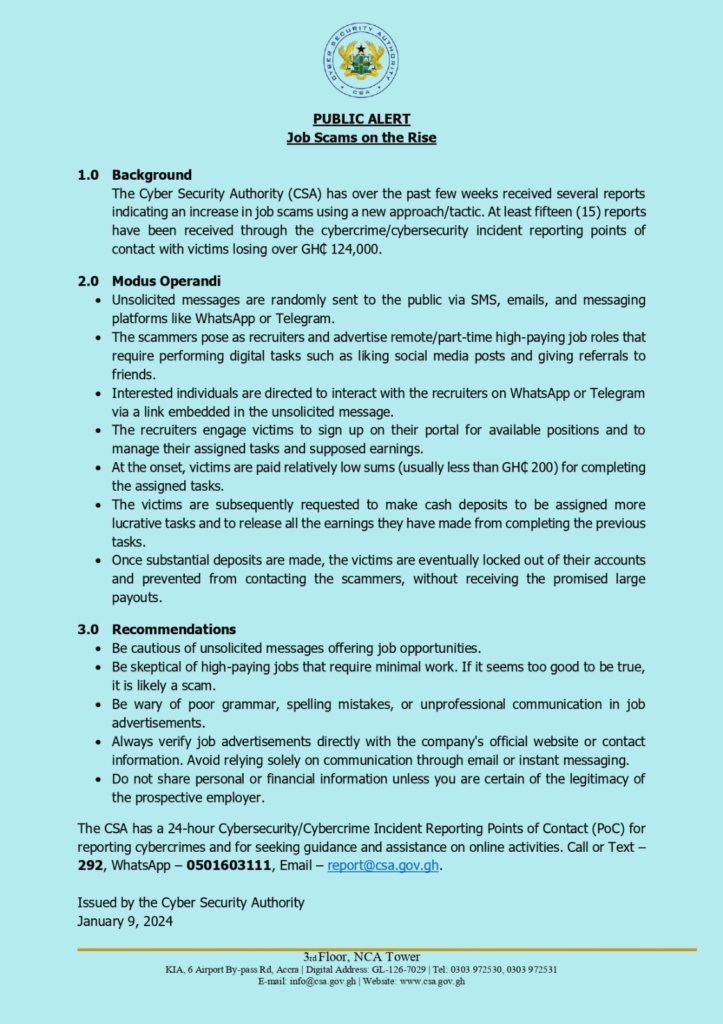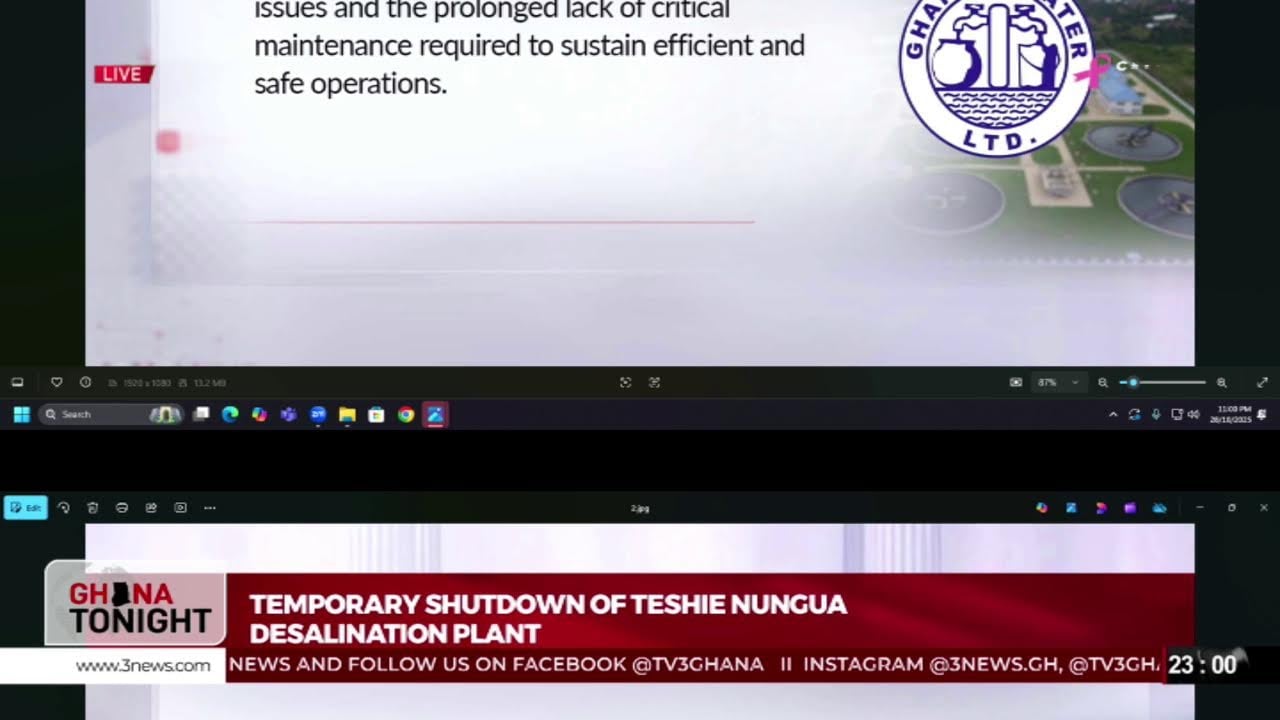
By Joshua Worlasi AMLANU &Ebenezer Chike Adjei NJOKU
More than GH¢22.6billion in tax revenue was lost by the state between April 2020 and August 2025 due to widespread under-declaration of imports and unverified foreign exchange transfers tied to Import Declaration Forms (IDFs), B&FT can confirm.
The losses stem from a pattern of foreign payments made for goods that were either never imported, under-invoiced, or supported by falsified documentation.
The findings point to a major leak in the country’s trade and tax system that may have deprived the state of billions in import duties, VAT and levies over the past five years.
According to the confidential data reviewed by B&FT, a total of 525,814 transfers worth more than GH¢83billion were made abroad using IDFs during the period.
However, only about 10,440 of those forms were ever used to import goods into the country. This discrepancy suggests that roughly 98 percent of recorded foreign transfers under the IDF regime had no corresponding importation.
The implications for public finances are significant. Using a conservative composite tax rate of 30 percent – comprising VAT, NHIL, GETFund, COVID levy, import duties and other charges – the unverified imports translate into a GH¢22.6billion loss to the state in import-related taxes alone.
That figure excludes additional domestic tax effects such as VAT and corporate income tax which would have been payable on the undeclared goods.
The leak also carries heavy implications for foreign exchange management. The data indicate the nation may have lost up to GH¢75billion in forex – worsening pressure on the Bank of Ghana’s reserves during years when the cedi recorded its sharpest depreciations, notably in 2022, 2023 and 2024.
“The data show that only a quarter of the actual foreign exchange demand results in real importation of goods,” the source noted, suggesting that a large portion of forex allocations may have been diverted for non-trade purposes including speculation, capital flight and other illicit transfers.
A sample audit of the top-50 importers found an under-declaration of more than GH¢31billion, leading to an estimated GH¢9billion of lost import taxes.
Over 70 percent of these top importers were companies, while the remainder consisted of individuals and sole proprietors. Extending that ratio to all 4,213 importers in the database produced the total tax loss estimate of GH¢22.6billion.
Further analysis revealed significant anomalies in the IDF data, including funds transferred without any corresponding imports as well as transfers with inflated invoice values but under-declared goods and imports recorded with little or no associated foreign payments.
These patterns suggest a mix of import tax evasion, money laundering and possible abuse of the Bank of Ghana’s foreign exchange allocation policy.
Between April 2020 and August 2025, an average of US$3.8billion was transferred annually through IDFs without any evidence of imports tied to those forms. More than 85 percent of those transfers were made in U.S. dollars, with euros and British pounds making up most of the rest. Other currencies accounted for less than 3 percent.
The review found that around 44 percent of the entities involved were registered enterprises or sole proprietorships, accounting for about GH¢13.6billion in transfers, while 56 percent were registered companies responsible for GH¢17.3billion. A very small fraction, less than one percent, were diplomatic or multilateral institutions.
A separate layer of the findings shows 1,709 importers who declared goods worth over GH¢471billion but transferred only about GH¢220billion, leaving a gap of more than GH¢250billion.
The information reveals that some of these importers operate largely outside the formal banking system, using informal remittance channels such as illegal black market sources also known as ‘Alhajis’, WeChat transfers, cryptocurrency networks and other unregulated payment systems.
Intelligence sources say proceeds from some of these transfers may be linked to financing illegal mining activities, locally known as galamsey.
The probe also uncovered widespread breaches of the US$200,000 threshold rule, the limit above which importers are required to submit full documentation before banks can process additional foreign transfers. However, data show that over 17,700 IDF applications were used to transfer more than GH¢20billion in various currencies beyond that threshold.
The post GH¢22.6bn in tax revenue lost to phantom imports over 5-yrs appeared first on The Business & Financial Times.
Read Full Story






















Facebook
Twitter
Pinterest
Instagram
Google+
YouTube
LinkedIn
RSS